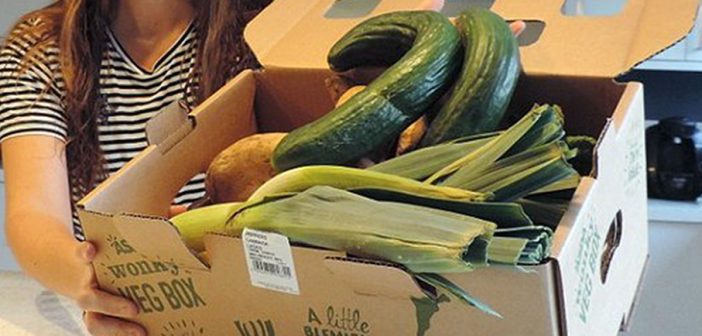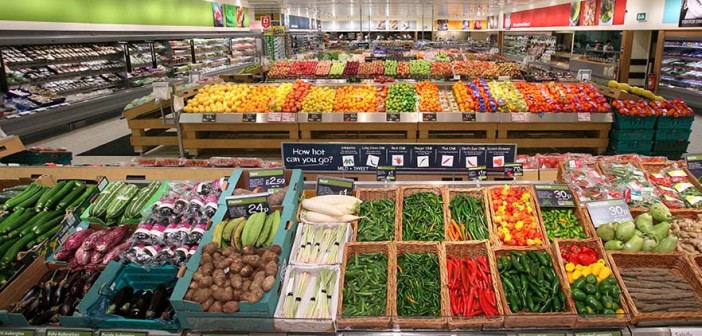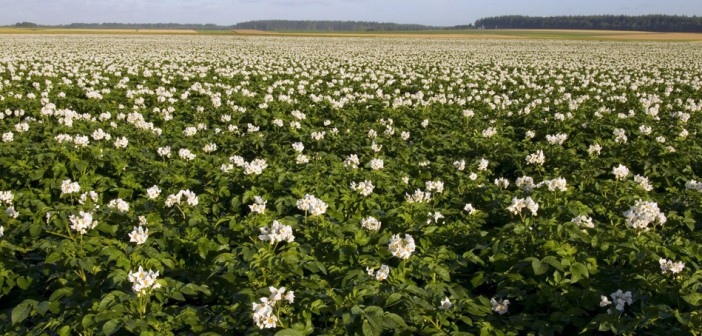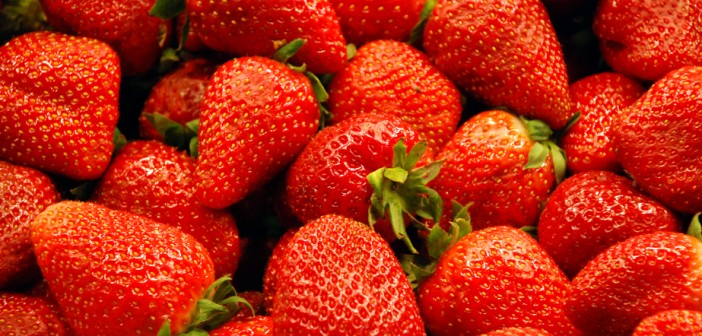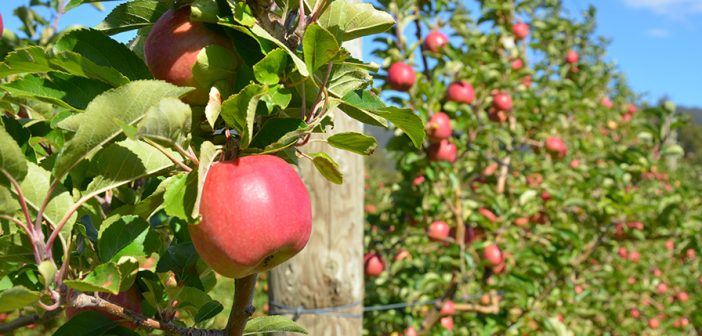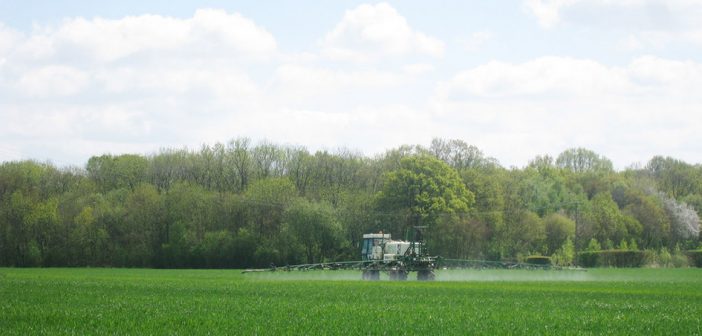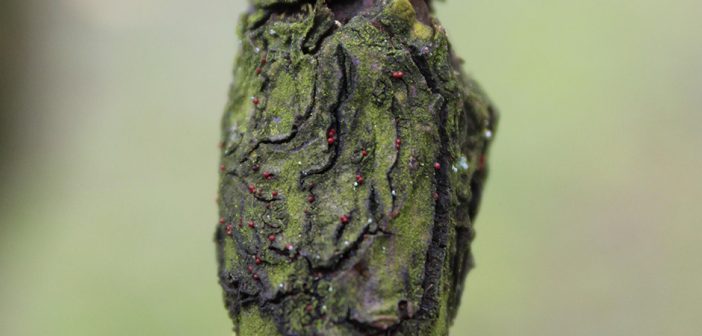Tesco has introduced a new range of frozen prepared produce of four items which it says are on-trend but tricky to prepare. These include pomegranate, watermelon, coconut and beetroot.
The retailer helps that the move will reduce waste by allowing consumers to use only what they need and keep the rest in the freezer. In the last year demand for bags of ready prepared frozen fruit slices at Tesco has soared by 35 per cent. The supermarket’s frozen smoothie range, which includes veg and fruit mixes, has seen a nearly 100 per cent increase in sales in the last 12 months.
Tesco frozen food buyer Marianne Aitken commented, “Our new frozen range is a delicious and hassle free way to help assemble that eye-catching dish.” All of the new frozen products come in easy to use re-sealable packs. The beetroot and coconut are already diced while the watermelon is in chunks and the pomegranate is seeded.
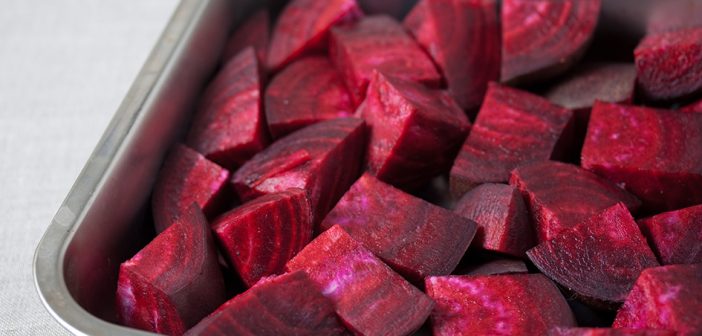
Photo Credit: Wikipedia Commons.
The post Tesco increases frozen lines to reduce food waste appeared first on Hort News.
